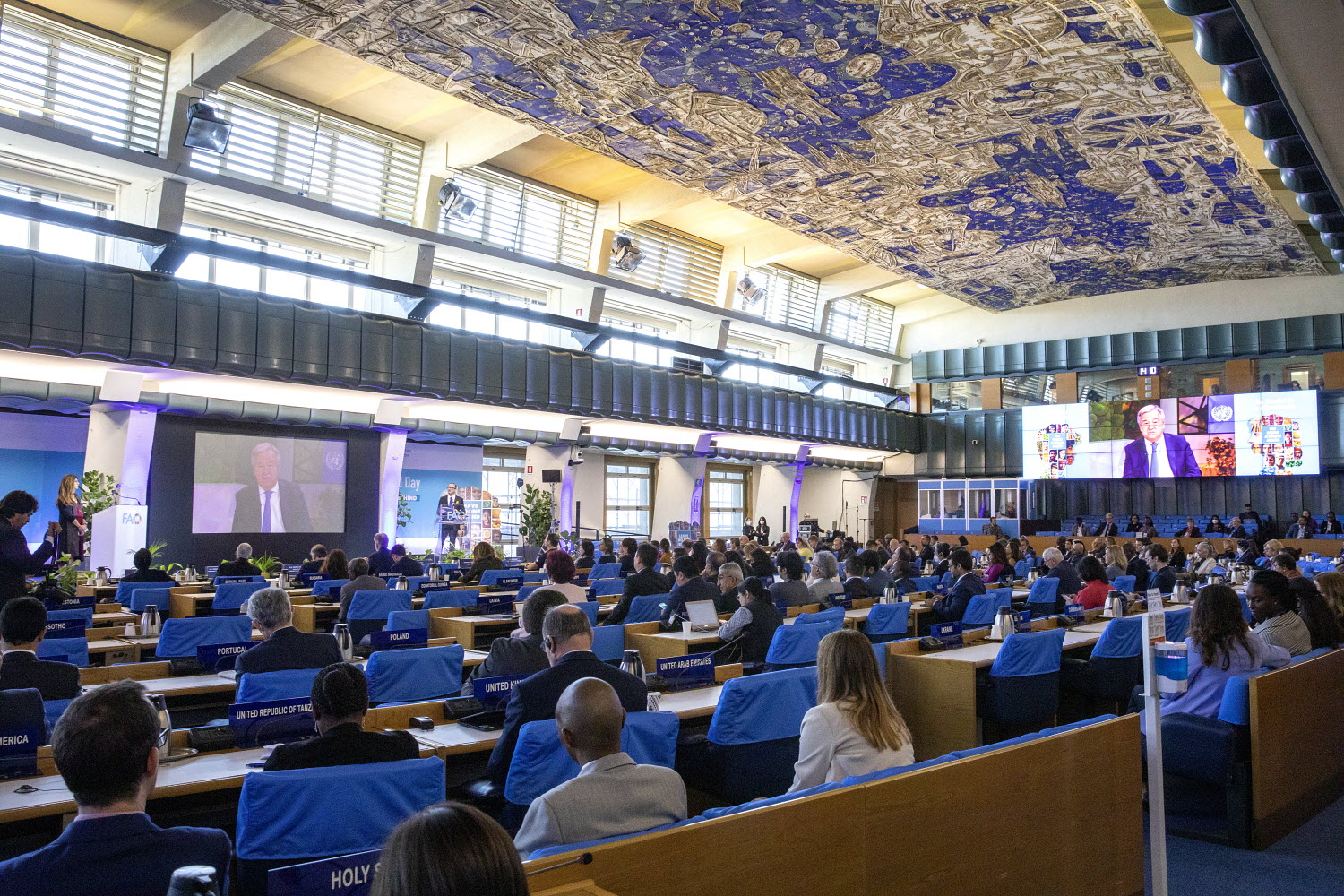SEED FUNDING JOINT PROGRAMMES
Rwanda
Resilient Food Systems: Enhanced Value Chain and Post Harvest Management





PROJECT TITLE | Resilient Food Systems: Enhanced Value Chain and Post Harvest Management |
| Context | Food systems transformation is embedded in several national policies in Rwanda, including the National Transformation Strategy, the Strategic Plan for Agriculture Transformation, the National Environment and Climate Change Policy. In 2021, Rwanda developed its National Pathway, which highlights four priority areas for the country towards 2030: ensuring food security and nutrition for all, while increasing demand for healthy diets; enhancing the environmental sustainability of food systems; improving livelihoods for farmers and all workers in food systems while building resilience to shocks; promoting inclusion of women and youth in food systems, including through enhanced financial opportunities. |
| PUNOs | FAO, WFP, IFAD |
| Contribution to SDGs | SDG 1 No Poverty; SDG 2 Zero Hunger; SDG 8 Decent Work and Economic Growth; SDG 13 Climate Action |
| Contribution to other SDG transitions | Decent Jobs and Universal Social Protection; Energy Access and Affordability |
| Duration | July 2024 – June 2025 |
| Expected financial leverage | $ 3,070,000 |
| Alignment with SG Call to Action | Policy integration; Food systems governance; Research, data, technology and innovation; Inclusive and participatory design; Private sector engagement |
| Outcomes | The JP leverages on improved post-harvest management as a strategic approach to simultaneously reduce food loss, improve incomes, and boost food availability. The JP promotes the economic integration of youth-led MSMEs and builds linkages with partners and initiatives focused on nutrition and food security to connect the dots between food production, processing and consumption. |
| Partners |
|
| Outputs |
|
UN Secretary-General to Open the UN Food Systems Summit +2 Stocktaking Moment

©FAO/Pier Paolo Cito
The UN Secretary-General is convening and will open the UN Food Systems Summit +2 Stocktaking Moment, which marks a critical checkpoint in the efforts to transform global food systems.
During the 2021 Summit, the UN Secretary-General committed in his Chair Summary and Statement of Action on the UN Food Systems Summit to convene “a global stocktaking meeting every two years to review progress in implementing the outcomes of this process and its contributions to the achievement of the 2030 Agenda.”
Two years later, this high-level meeting will bring together leaders, policy makers and stakeholders from around the world to assess progress made since the 2021 Summit. With the Secretary-General's active participation, the international community is hopeful for renewed momentum to turn commitment to action and drive innovative solutions towards achieving sustainable, equitable and resilient food systems for all.
The Secretary-General has issued a report summarizing the process on food systems transformation from the UN Food Systems Summit in 2021 until today. View the report here.
